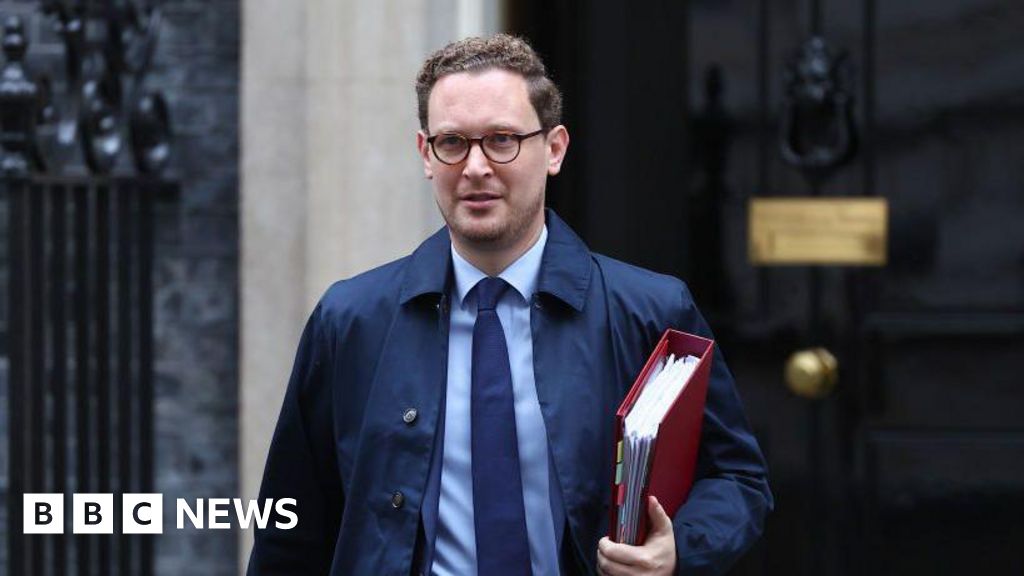If the FT’s editorial board thinks pylons and cables are “the forgotten, less sexy, part of the green transition” (FT View, October 9), then electricity market reforms are a real turn-off. Yet these, too, could help us benefit from low-cost renewable electricity, and encourage infrastructure development where it is needed.
For example, the UK’s and Australia’s renewable energy industries have resisted a market reform, called locational marginal pricing, that would make electricity prices reflect local supply and demand.
In the UK, all electricity is sold at the same price on the national spot market. This means even if there is low demand or oversupply in a given area, the price isn’t any cheaper than in a location clamouring for energy.
Moving to a market model that captures where electricity is produced and consumed could reduce the amount paid to generators for unused electricity in parts of the country that don’t use much power, and potentially lower energy bills, according to the regulator Ofgem.
Batteries and new renewable projects would become more attractive in places with low supply and high demand. Smart meters could help households use more electricity at cheaper times of day in their area. Locational pricing also could incentivise energy-intensive businesses like data centres and factories to build their facilities in areas with cheap power, contributing to economic development outside of current demand hubs.
Detractors are concerned renewable investment will decrease because of higher uncertainty. Yet more than half of US capacity falls under locational pricing introduced decades ago. This has not deterred renewable investment. According to the International Renewable Energy Agency, the US added over 200GW of capacity between 2013 and 2023, more than doubling over a decade.
While topical, locational marginal pricing is not the only useful market reform to promote the energy transition. Capacity markets shore up reliable electricity supply even if it is ultimately not dispatched, mitigating the risk of renewable intermittency. Carbon prices, like emissions trading schemes, also help incentivise renewable development by making carbon-intensive power more expensive. While both mechanisms are in use in the UK and Europe, neither has widespread global adoption.
Market reforms are even less visible than pylons and wires, yet they are just as essential for realising the world’s renewable energy potential as fast as possible.
Lucy Shaw
London W8, UK














































































































































You must be logged in to post a comment Login